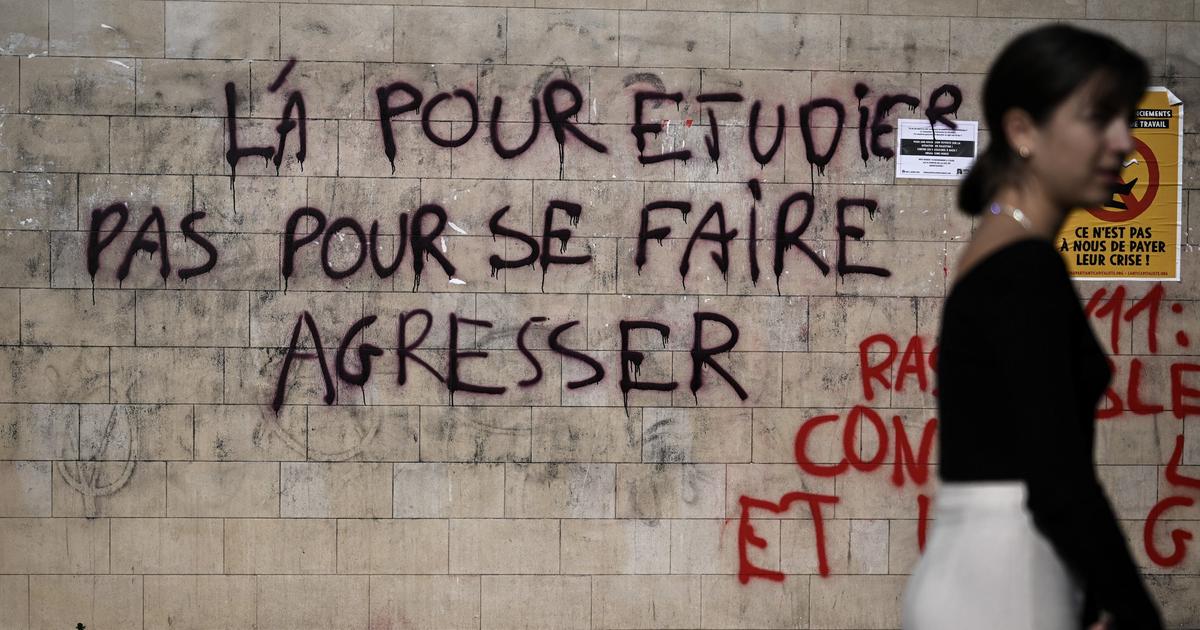Campus of the Fernuniversität Hagen
Photo: Bernd Thissen / dpa
The so-called proctoring, i.e. the comprehensive electronic monitoring of students during an online examination, is permitted according to the decisions of two courts.
The higher administrative courts in Münster (North Rhine-Westphalia) and Schleswig (Schleswig-Holstein) published corresponding urgent decisions on Thursday.
Two students who had complained against the online monitoring of exams at the universities in Kiel and Hagen were unsuccessful.
At the Christian Albrechts University in Kiel, a student complained that turning on the camera and microphone during an online exam would be a violation of the inviolability of his apartment.
During the exam, the supervisor can watch the students work - and of course they also get an insight into their rooms.
In the opinion of the Schleswig-Holstein Higher Administrative Court, however, this does not unduly violate privacy.
A corresponding statute, which the University of Kiel had specifically adopted in response to the corona pandemic, is legal (file number 3 MR 7/21).
more on the subject
Icon: Spiegel PlusIcon: Spiegel PlusCorona causes study stress: the professor speaks of »exam porn«
The exam with video surveillance is a way to be able to take the exam at all at the moment, according to the judges.
Because: An examination without supervision is not compatible with the principle of equality.
A possible alternative is therefore only a later presence exam.
This would have been possible here too, but the student voluntarily opted for the exam with video supervision.
The electronic supervision is also not an "intrusion" into the apartment, as the student had argued.
Although there is also a »digital penetration«, this presupposes action against the will of the apartment owner.
The Kiel students and thus also the plaintiff could freely decide whether they want to take an exam with video supervision or not.
»Completely normal video conference«
Sibylle Schwarz, specialist lawyer for administrative law in Wiesbaden, considers this assessment to be understandable.
"Ultimately, what was decided in Schleswig-Holstein is nothing more than a completely normal video conference," says Schwarz.
The fact that there had to be supervision to prevent cheating was clearly expressed in both decisions: "Deception creates inequality in the individual examination conditions, and this must be prevented in any case."
At the Fernuniversität Hagen, a law student wanted to ensure that no video and sound recordings would be saved during the criminal law exam that was due to take place next Monday.
The student told SPIEGEL that he could accept live video surveillance - but not that the recordings would be saved and only later deleted.
He had asked to be offered an alternative form of examination without recording.
However, in the opinion of the Higher Administrative Court of North Rhine-Westphalia, saving camera images, microphone recordings and screen views does not violate the General Data Protection Regulation and the right to informational self-determination (file number: 14 B 278 / 21.NE).
The 14th Senate found that the legality of the recording and storage could not be clarified in the urgent procedure.
At least with a quick examination, the Fernuni’s approach appears to be proportionate.
Data processing is permitted if it is necessary for the performance of a task that is in the public interest or takes place in the exercise of official authority - and that is the case with official university exams, according to a statement from the court.
Fear of a dam break
"We are disappointed with the decision," says David Werdermann of the Society for Freedom Rights.
The civil rights organization supported the lawsuit against the Fernuniversität Hagen because they feared a breach in data protection.
“The question now is: what's next?
If the storage of possible evidence for online exams is allowed, it may only be a matter of time before face-to-face exams are also monitored by video, ”says Werdermann.
"That would be a new level of surveillance."
One thing, however, says lawyer Sibylle Schwarz, was not expressly excluded, at least in the decision from Schleswig-Holstein: that the students install a background image of their choice during the online exam.
The Kiel student could write his exam purely visually in a prison cell - or on the steps of the Higher Administrative Court in Schleswig.
Icon: The mirror
with material from jur














/cloudfront-eu-central-1.images.arcpublishing.com/prisa/S7ERVSCT4FUVX6R7TUVBDNTH5Y.jpg)
